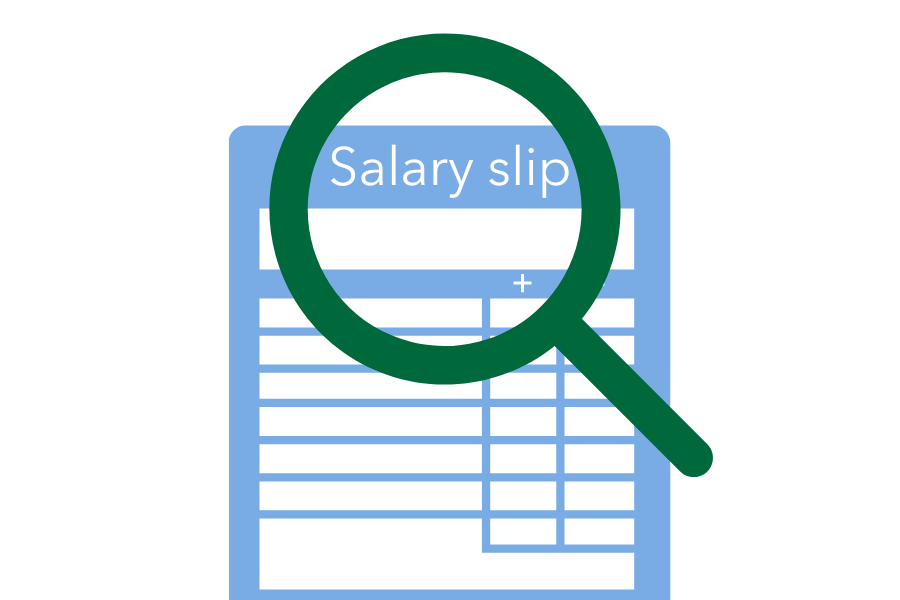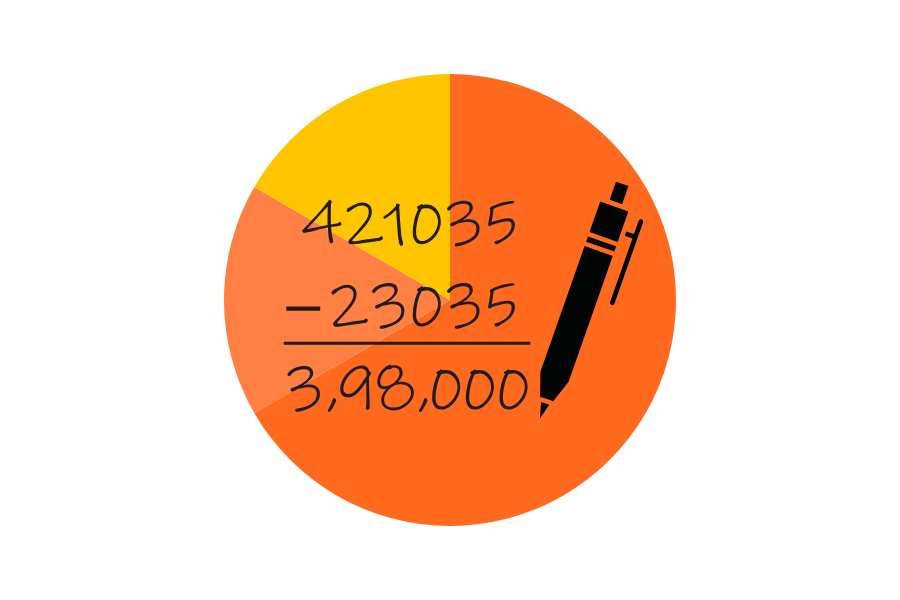A Quick Guide to Central Provident Fund (CPF) for New Employers in Singapore
Setting up a business in Singapore is a thrilling endeavour, but as you embark on this journey, it’s essential to be well-versed in the legal obligations that come with hiring employees. One of these obligations is contributing to the Central Provident Fund (CPF) for your Singaporean or Permanent Resident employees. This comprehensive guide will walk you through everything you need to know to ensure compliance with CPF regulations.
Understanding CPF Basics
The Central Provident Fund (CPF) is a comprehensive social security system in Singapore. As an employer, you are legally required to contribute to your employees’ CPF accounts, provided they meet specific criteria:
- Eligible Employees: CPF contributions must be made for Singaporean citizens and Permanent Residents who are employed under a contract of service.
- Exemptions: Certain employment types, such as masters, seamen, and apprentices on non-exempt ships, may be excluded from CPF contributions. Additionally, foreign employees holding Employment Passes, S Passes, Miscellaneous Work Passes, or Work Permits are not eligible for CPF contributions.
- Part-Time and Temporary Employees: Even part-time and temporary employees earning more than $50 per month are eligible for CPF contributions.
- Multiple Employers: If an employee has more than one employer, each employer is responsible for making CPF contributions for that employee.
Calculating CPF Contributions
CPF contributions consist of two parts: the employer’s and the employee’s contributions. The contribution amounts depend on various factors, including the employee’s wages, age, and citizenship.
Employee’s Share: Employees are required to contribute a portion of their wages to their CPF accounts. Employers are responsible for deducting this amount from the employee’s wages and remitting it to CPF.
Employer’s Share: Employers must also make contributions to their employees’ CPF accounts. These contributions are calculated based on the employee’s total wages, which consist of Ordinary Wages (OW) and Additional Wages (AW).
Ordinary Wages (OW) and Additional Wages (AW)
- Ordinary Wages (OW): These are wages granted exclusively for a specific month, such as monthly salaries. The OW ceiling is currently capped at $6,800, which means that contributions are calculated based on this limit even if the employee’s monthly salary exceeds it.
- Additional Wages (AW): AW includes wages not exclusively granted for the month, such as annual bonuses and leave pay. The AW ceiling is calculated based on the formula: $102,000 – Total OW for the year.
Paying CPF Contributions
As a new employer in Singapore, you need to register with the Singapore Central Provident Fund Board to begin making CPF contributions. Here are the steps to pay your employees’ CPF contributions:
- Register with CPF: Apply to e-submit your CPF contribution details using CPF e-Submit@web as soon as you intend to hire your first employee. You will need your SingPass/CorpPass and your company’s Unique Entity Number (UEN).
- Approval and Notification: Once your application is approved, you will be notified via email and receive a hardcopy letter containing your CPF Submission Number (CSN) and a Direct Debit Authorisation form.
- Make Payments: After your payment has been processed, you will receive an electronic Record of Payment (eROP). Check the eROP for accuracy and keep it for future reference.
- CPF Submission Number (CSN): The CSN is essential for all transactions with the CPF Board. It consists of your UEN and CPF Payment Code, with exceptions for specific scenarios.
- CPF e-Submit@web: Use CPF e-Submit@web, the CPF Board’s online platform, to submit CPF contribution details securely. It calculates CPF contribution rates automatically and allows various payment methods.
- Payment Methods: You can pay CPF contributions via direct debit, eNETS, or AXS machines. Direct debit is the most convenient method, and the approval process takes about 21 working days.
If you have any questions or require assistance with your company’s payroll, bookkeeping and accounting needs, do not hesitate to reach out for professional guidance.
CPF Contribution Rates
CPF contribution rates vary based on citizenship, age group, total wages, and sector (private or public). It’s crucial to correctly classify your employees and understand the applicable rates.
- Citizenship: Rates differ for Singaporean citizens, Permanent Residents (PRs) with different durations of PR status, and foreigners with PR status.
- Age Group: CPF contribution rates change as employees age, so be aware of these changes.
When and How to Pay CPF Contributions
You must pay your employees’ CPF contributions at the end of each month, with a 2-week grace period following the deadline. Late payment incurs an 18% per annum interest rate. Contributions can be made online, via mobile apps, or at AXS stations.
Correcting CPF Mistakes
If you make errors in CPF contributions, there are steps to rectify them. You can apply for refunds, make adjustments, or shift excess contributions, depending on the situation.
Consequences of Non-Compliance
Non-compliance with CPF regulations can result in fines and penalties. CPF non-compliance includes late payment, non-payment or underpayment of CPF contributions. First-time offenders may face fines of up to $5,000 and imprisonment for up to 6 months. Repeat offenders could incur more severe penalties.
Summary
Navigating the Central Provident Fund (CPF), post company registration in Singapore, may seem daunting. However, understanding the system and fulfilling your obligations is essential for the success of your company. Ensuring accurate CPF contributions not only keeps you compliant with the law but also helps your employees secure their financial futures.
Time is money. Let the pro team at Counto take care of your incorporation, accounting and taxes. Speak to us directly on our chatbot, email us at [email protected], or contact us using this form.
Here are some articles you might find helpful:
Singapore Employment Pass: New Requirements







